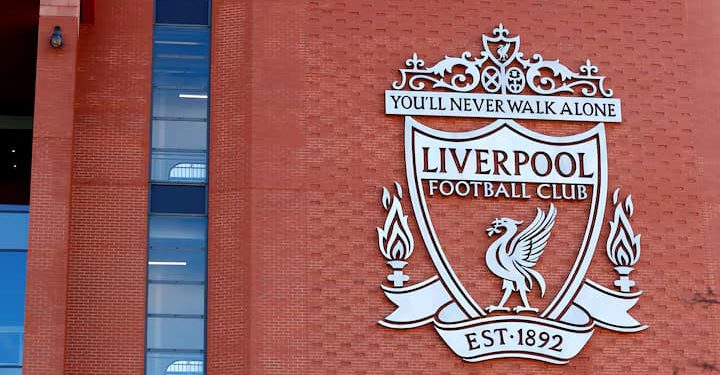Liverpool Post Pre-tax Loss of 57 million Pounds as Increased Costs Offset Revenue Rise
Liverpool Football Club has announced a pre-tax loss of £57 million for the financial year ending May 31, 2024, marking a significant increase of £48 million compared to the previous year.
Despite this setback, the club’s overall revenue rose by £20 million to £614 million, bolstered by a remarkable 36% increase in commercial income, which surpassed £300 million for the first time in history.
The financial report covers Jurgen Klopp’s final season in charge, during which the Reds secured the Carabao Cup, finished third in the Premier League, and reached the quarter-finals of both the FA Cup and Europa League.
Liverpool invested approximately £165 million in new signings, including Alexis Mac Allister, Dominik Szoboszlai, Wataru Endo, and Ryan Gravenberch, as they sought to strengthen their squad.
Notably, the 2023-24 season marked Liverpool’s first absence from the Champions League since the 2016-17 campaign, leading to a £38 million drop in media revenue, which totaled £204 million.
This decline was somewhat mitigated by increased earnings from their Premier League performance compared to the previous season, when they finished fifth without any major trophies.
The opening of the new Anfield Road Stand contributed to a £22 million increase in matchday revenue, bringing the total to £102 million.
However, rising administrative costs, particularly related to salaries and overhead expenses, surged by £38 million to £600 million. Liverpool’s chief finance officer, Jenny Beacham, emphasized the necessity of growing income streams to ensure financial stability amidst increasing costs.
Despite the financial challenges, Liverpool is currently managed by Arne Slot and sits atop the Premier League with a commanding 13-point lead over Arsenal.
The club also boasts a staggering 1.5 billion social media engagements, adding a record 37 million followers this past year, reinforcing its status as a leading brand in football.
Beacham concluded, “The global appeal of this football club continues to be phenomenal and is the underlying strength and opportunity we have for continued growth.” As Liverpool navigates its financial landscape, the focus remains on maintaining a sustainable and competitive club both on and off the pitch.








